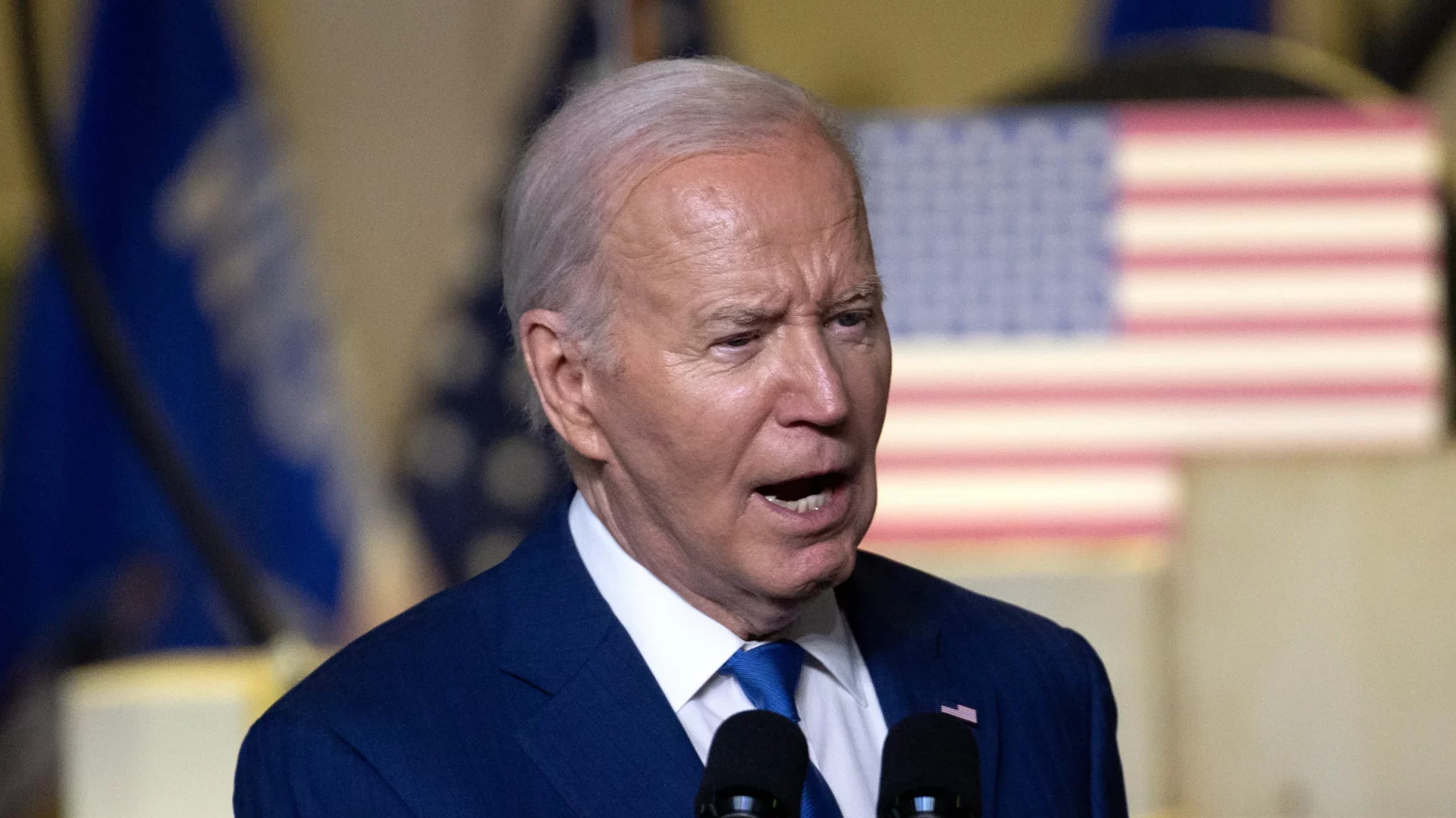
The idea that panic selling is driving BTC price losses appears less watertight on the back of the latest data.
Everyone expects another Bitcoin (BTC) capitulation event, but data suggests that mass buying has already started.
In a Twitter thread on June 29, Checkmate, lead on-chain analyst at data firm Glassnode, drew attention to who in Bitcoin is really stacking sats.
Shrimp or whale, Bitcoin hodlers are stacking sats
Bitcoin selling has made the headlines for weeks, and has even begun to include long-term holders (LTHs) — those who have been guarding their coins for 155 days or more.
Speculators are not taking the blame for current BTC price weakness, but contrary to popular opinion, many market participants are in fact adding to their BTC allocations.
Dissecting Glassnode data, Checkmate revealed that the smallest and largest players are both in buy-mode at around $20,000.
Spitting the hodler base into four sections: “shrimps,” “crabs (otherwise known as classic hodlers),” “sharks” and whales, the figures make for surprising reading.
Both shrimps and crabs, the smallest retail investors with 10 BTC or less in their wallets, are not only stacking, but doing so more intensely than at any time since the first time that BTC/USD hit $20,000 in 2017.
“Can't stop and won't stop,” Checkmate wrote describing the accumulation action.
“Shrimp are adding to the $BTC balance at the greatest rate since the 2017 ATH. Same price, different trend direction. I do not underestimate the smarts not conviction of the little guy in Bitcoin.”
At the other end of the spectrum, whales are similarly removing coins from exchanges to private wallets at a pace Checkmate calls “full HAM.”
Whales with 1k+ $BTC are going HAM.
— _Checkɱate
Alongside the Shrimp and Crabs, thsi looks like the perfect mid-wit meme.
Shrimp = stackers
Middle wealth = scared and margin called
Whales = stackers pic.twitter.com/zyakmicxGG(@_Checkmatey_) June 29, 2022
The main exception lies in the middle: the sharks or institutional, high net worth entities with between 10 and 1,000 BTC to their name.
While this makes up a large swathe of the network, hodlers have borne the brunt of macro changes, Checkmate claims, either getting liquidated on positions or seeing their wealth erased in DeFi bets.
Even here, however, the overall trend is up.
“Balances are increasing, but nothing special. Given the TradFi and crypto shitshow --> I suspect these guys are heavily affected by deleveraging, and margin calls,” he wrote.
Analyst $25 billion exchange stablecoin reserves
Earlier this week, Glassnode likewise showed that 30-day cumulative BTC outflows from exchanges had reached a new peak.
Related: 80,000 Bitcoin millionaires wiped out in the great crypto crash of 2022
For Ki Young Ju, CEO of fellow analytics firm CryptoQuant, signs that capital is waiting on the sidelines to deploy back into crypto are also clear.
Ki eyed the mere 11% reduction in the combined stablecoin market cap compared to Bitcoin's 70% from all-time highs.
"Stablecoins sitting in exchanges are now worth half of Bitcoin reserve," he added on June 30.
"We have $25B loaded bullets which can make crypto asset prices go up. The question is when, not how."
Stablecoins sitting in exchanges are now worth half of #Bitcoin reserve.
— Ki Young Ju (@ki_young_ju) June 30, 2022
We have $25B loaded bullets which can make crypto asset prices go up. The question is when, not how. pic.twitter.com/SQ0ZvBnAMt
The situation is complicated by the fact that the stablecoin market cap ratio on exchanges has stayed practically constant for two years, while the market cap itself has ballooned in that period.
The Bitcoin exchange supply ratio meanwhile has been much more volatile.

The views and opinions expressed here are solely those of the author and do not necessarily reflect the views of Cointelegraph.com. Every investment and trading move involves risk, you should conduct your own research when making a decision.





